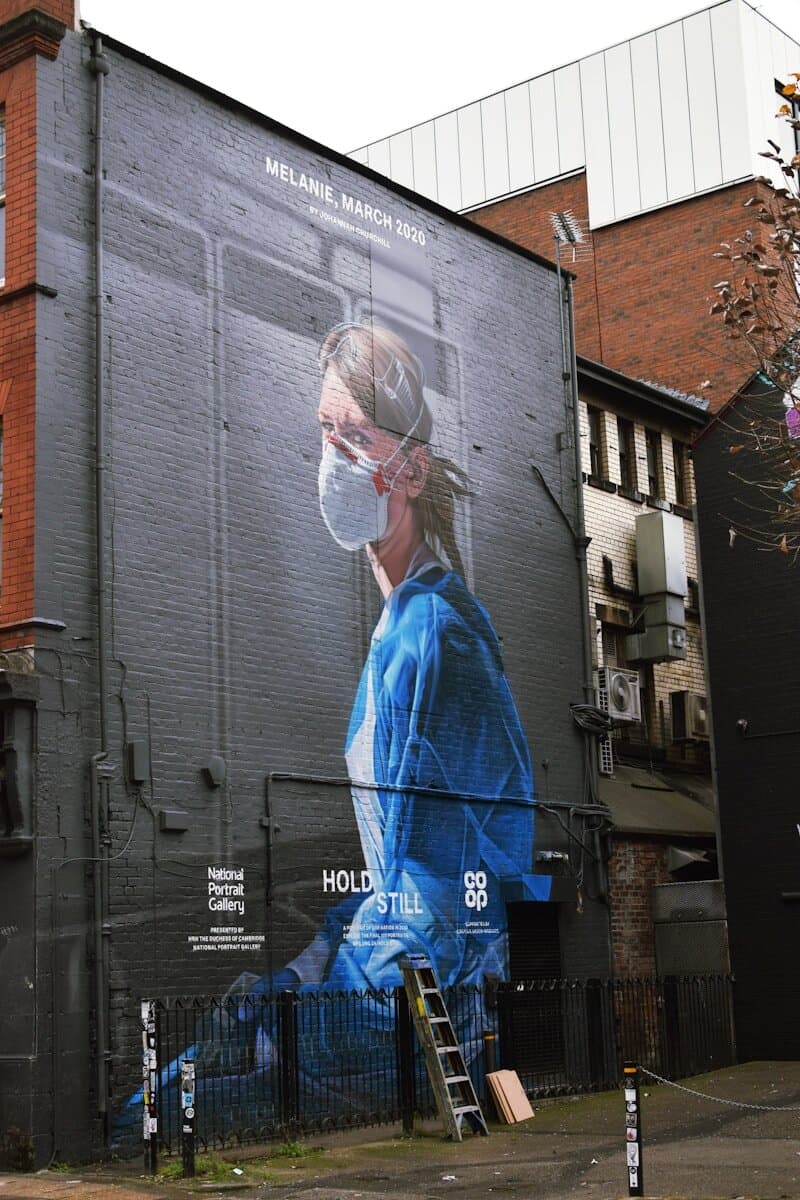Copyright sluggerotoole

In recent weeks, health and social care workers in Northern Ireland have again been warned by union leaders that they will soon be voting on whether to take industrial action. After years of pay stagnation, delayed settlements, and broken promises on parity with colleagues elsewhere in the UK, their patience is wearing thin. The negotiations over pay increases, have become an annual event. In fact it could be argued that the first, unprecedented industrial action by nurses and other health care workers helped to bring back Stormont after the most recent collapse. The Health Minister, Mike Nesbitt, has said he supports implementing the pay review body’s recommended uplift — but admits he doesn’t yet have the full money to do it. He says about half the funds are available within his departmental budget, with the rest needing to come from the Executive next year. That explanation might sound reasonable on paper. But it sits uneasily beside another headline figure: the £215 million the Department has allocated this year to tackle Northern Ireland’s waiting lists, plus a further £10 million to reimburse patients who travel outside Northern Ireland for treatment. The contrast is striking. £215 Million for Waiting Lists — “Half the Money” for Pay In May, the Department of Health announced its Implementation and Funding Plan to reduce waiting times. It set aside up to £215 million for initiatives described as “urgent and time critical.” That includes about £85m for red-flag and emergency care, £80m to build capacity, and up to £50m to start clearing the backlog of long waits. In parallel, a £10m “Reimbursement Scheme” allows patients who’ve waited more than 24 months (and now 12 months for some procedures) to travel to the Republic of Ireland or even elsewhere in the EU for treatment — and claim the cost back from the Department. Those measures were politically popular and, for some patients, life-changing. Waiting lists in Northern Ireland remain among the worst in Europe, and the public rightly demanded action. But one can’t help asking whether this sudden burst of activity is also political. The Minister himself has said he will “consider his political options” in the new year. Is it cynical to wonder if he would like to go out on a high — as the man who “cut the waiting lists” — even if it comes at the workforce’s expense? It would not be the first time in Northern Ireland that short-term political credit outweighed long-term sustainability. Announcing a waiting list initiative makes headlines; paying your staff properly doesn’t. But it’s fair to ask: at what cost, and to whom? Where the Money Goes The Department’s own documents state that both in-house and independent sector capacity will be used to deliver these initiatives. In other words, public money is being channelled not only into Health and Social Care Trusts, but also to private or external providers — in Northern Ireland, in Great Britain, and even overseas. The £10m reimbursement fund explicitly directs money out of the system, paying for treatment in the Republic of Ireland and other EU countries. And the “independent sector” support includes contracts with private hospitals or agencies to deliver high-volume procedures — cataracts, hips, endoscopies — that HSC hospitals can’t handle within normal capacity. No one disputes that patients deserve timely care. But it’s hard to ignore the symbolism: millions of pounds can be found to pay private providers to deliver procedures, while the nurses, porters, healthcare assistants, and physiotherapists delivering public care are told they must wait until next year for their full pay rise. That may not be a direct trade-off in the Department’s spreadsheets — but it certainly feels like one to those on the front line. The Opportunity Cost Question To be clear: there’s no published evidence that the Minister “raided” the pay budget to fund waiting list schemes. The Department would argue these are separate funding streams, and that both are under pressure. But in a cash-limited system, priorities tell their own story. Every pound ringfenced for one purpose is a pound that can’t be easily redeployed elsewhere. When hundreds of millions are earmarked for waiting list initiatives, it inevitably reduces the flexibility available for other urgent needs — including pay awards. The question, then, isn’t whether waiting list money caused the pay delay. The question is whether the Department’s choices reflect the right priorities. Should we be spending public funds to subsidise private care and reimburse travel abroad while our own healthcare staff — already exhausted, underpaid, and demoralised — are told their pay rise is unaffordable? A Question of Accountability As stated previously, the Minister has said he will “consider his political options” in the new year. If you will allow me a little bit of that cynicism I have previously expressed! Perhaps he will still be in post when the next round of pay negotiations comes due in 2026 — or perhaps not. If he isn’t, then the difficult decisions he has postponed will become someone else’s problem. And, much to my dismay and frustration that cynicism is deeply justified! it’s the rhythm of our politics. Too often in Northern Ireland, just like the short-term political credit, responsibility is deferred until it no longer belongs to the person who made the promise. Kick the can down the road until you are now longer on the road to have to deal with it! And while ministers come and go, the same workforce — and the same patients — are left waiting. Patients, Not Politics Northern Ireland’s health crisis isn’t just about money; it’s about confidence. Staff see millions spent on short-term initiatives and management plans, while core pay, conditions, and staffing levels continue to lag behind the rest of the UK. That disconnect erodes morale, damages recruitment, and undermines public trust. It’s easy to blame the absence of a functioning Executive or the legacy of underinvestment, and both are part of the problem. But so too is our collective tendency to prioritise process over progress — to chase visible quick fixes while ignoring the long-term structural issues that drive the crisis. Reducing waiting lists is essential. But if the people doing the work feel devalued, that progress will be temporary at best. Let’s be honest: our nurses and healthcare staff have kept the system upright through political dysfunction, pandemic pressure, and impossible demand. They’ve done so knowing they are paid less than colleagues elsewhere in the UK, and often less than staff in the Republic just down the road. To tell them there’s “half the money” for pay while millions flow to private providers and overseas reimbursement schemes sends the wrong message. It tells them that delivery matters more than dignity — that outcomes are more important than those who make them possible. That isn’t sustainable, and it isn’t fair. So What Do We Think? The Minister says his department can spend up to £215m tackling waiting lists and £10m reimbursing patients for treatment abroad, but can’t fully fund the pay rise for the people actually delivering the care. He says one pot of money can be spent this year; the other will have to wait until next. The public deserves to know whether that feels like the right balance. I can’t say with certainty that one caused the other — but I can say the priorities are plain to see. Perhaps it’s time to ask the people who depend on the system — and those who staff it — what they make of that choice. Declaration of Interest: My wife and daughter are both nurses. They, like thousands of others in Northern Ireland, are directly affected by the ongoing pay issue.



